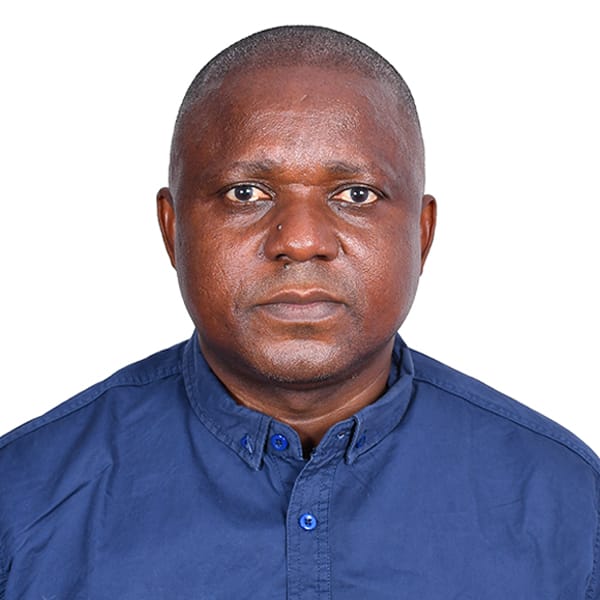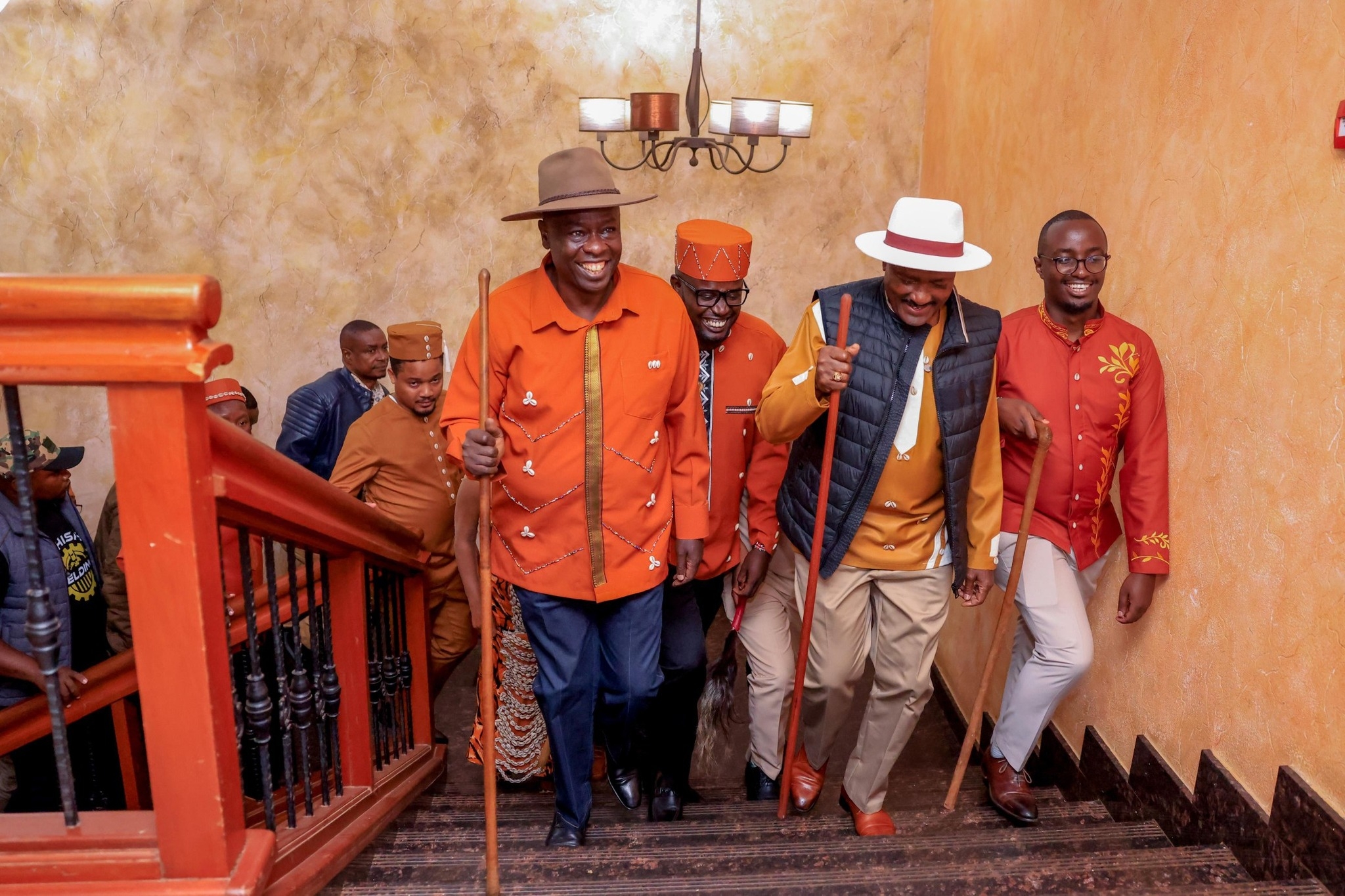
 Victor Bwire./HANDOUT
Victor Bwire./HANDOUT
The electoral management body in Kenya has announced holding 24 by-elections by end of this year, all things held constant. Big and doable task. The infrastructure and human resources required are available. The main concern is, will there be environment to allow for free, fair, peaceful and acceptable elections in these areas, given the nature of our politics? Are ready as a country to build trust critical for people to get satisfied with the election results, and allow the peace to prevail in the country post the by elections?
We have a duty as country, the various players and institutions to join in supporting the Independent Electoral and Boundaries Commission (IEBC) deliver a peaceful and credible election- it’s not only the work of IEBC, to ensure our elections are not a do or die exercise. Much is expected of them, and as team leaders in the exercise must provide guidance as provided for by the relevant laws, each of us has a responsibility- for elections are a collective responsibility.
The media, national security, religious bodies, political parties, IEBC, NCIC and above all, citizens have a duty in ensuring a peaceful, credible and acceptable electoral processes by each playing their respective roles.
There should be no sacred cows in this process, who as already seen and heard, are giving people reasons to loss trust in the process, or are involved in deliberate misinformation, creating a hostile environment for the by elections and creating room for tensions., voters and the nation. Bold coverage is paramount and local voices critical in the content.
Among the institutions and sectors that will have a critical role, as has been before in the by elections, is the media-by way they will frame the by elections, the issues and the narrative created. Will the elections be determined by voters based on their understanding of what the candidates will be standing for, the issues they bring on the table and grasp of citizen demands as presented through media and related platforms, or will it be decided on debates around national issues?
As already noted, will the media frame the by elections in terms of being a as a “litmus test” for the 2027 general election and a contest between the broad-based government, Umoja Alliance or other coalitions and party leaders “front runners” in the polls or as it would be expected covered and framed as national not as local/regional events. Starting with selection of aspirants to party candidates, the process must be transparent, peaceful and fair right to the by elections, and media will be expected to be fair to the candidates.
For voters to make well-informed decisions in an election there must be a free media, but the media must be more than free, it must be reliable and must be trusted. The media must be able to form independent and diverse views while at the same time avoiding comments that may generate violent conflict. This can be achieved if the media is run in a professional manner and is not compromised by the state or other corporate interests. Media has a role to play in articulating the election agenda including voter education, political party’s manifestos, candidate profiles, campaign issues thus setting the agenda of the election process- which is good governance and social responsibility addition of the media. The media has a responsibility in civic education, watchdog, and assisting in citizen participation and engagement in the electoral process. They provide a forum for information exchange and citizen evaluation of the political players.
Did the media learn any lessons from the past elections and feedback, which indicated that media in Kenya tend to focus on sideshows and non-issues instead of information that would inform, educate and sensitize the public to make decisions that bring about positive change, especially in the political realm. The election campaigns, the candidate media debates and handling them, and the election results transmission offered great lessons for the media, and as they prepare, the by elections is an opportunity to implement some of the lessons.
It’s important that media houses, either collectively or individually, use position staff on the ground, including on the polling stations where the results will be announced. Unified and credible polling station data is the most critical. Joint productions or situation room, managed and accessed by all media outlets is highly encouraged. Elections in a digital era can especially be demanding, and complex, as people may use the platforms not only to woo voters, but mislead, misinform and during results transmission, create data which is not verified, which in the long run could cause people to dispute the results- which might likely lead to conflicts.
Journalists must remember laws on balloting prohibitions, false publication of withdrawal of candidate (Elections Act), interfering with a voter in the casting of his vote in secret or reveals a voter’s marking of a ballot at an election (photographers/camerapersons note), communicating with voter after receipt of ballot paper; no publication of an Opinion Poll at least 5 days prior to the Election, defamation, claim for influencing of election results, misreporting of results.
Corruption and influenced content within the media during the election campaign period is an issue that has faced Kenyan journalists must be avoided. Given the spread of misinformation around elections, media must establish strong and functional fact checking desks.
Relating to the role of the media in the electoral processes; the European Court of Human Rights thus notes “Freedom of the press affords the public one of the best means of discovering and forming an opinion of the ideas and attitudes of their political leaders. In particular, it gives politicians the opportunity to reflect and comment on the preoccupations of public opinion; it thus enables everyone to participate in the free political debate which is at the very core of the concept of a democratic society.
In the Declaration of Principles on Freedom of Expression in Africa, the African Union notes “the key role of the media and other means of communication in ensuring full respect for freedom of expression, in promoting the free flow of information and ideas, in assisting people to make informed decisions and in facilitating and strengthening democracy”.













